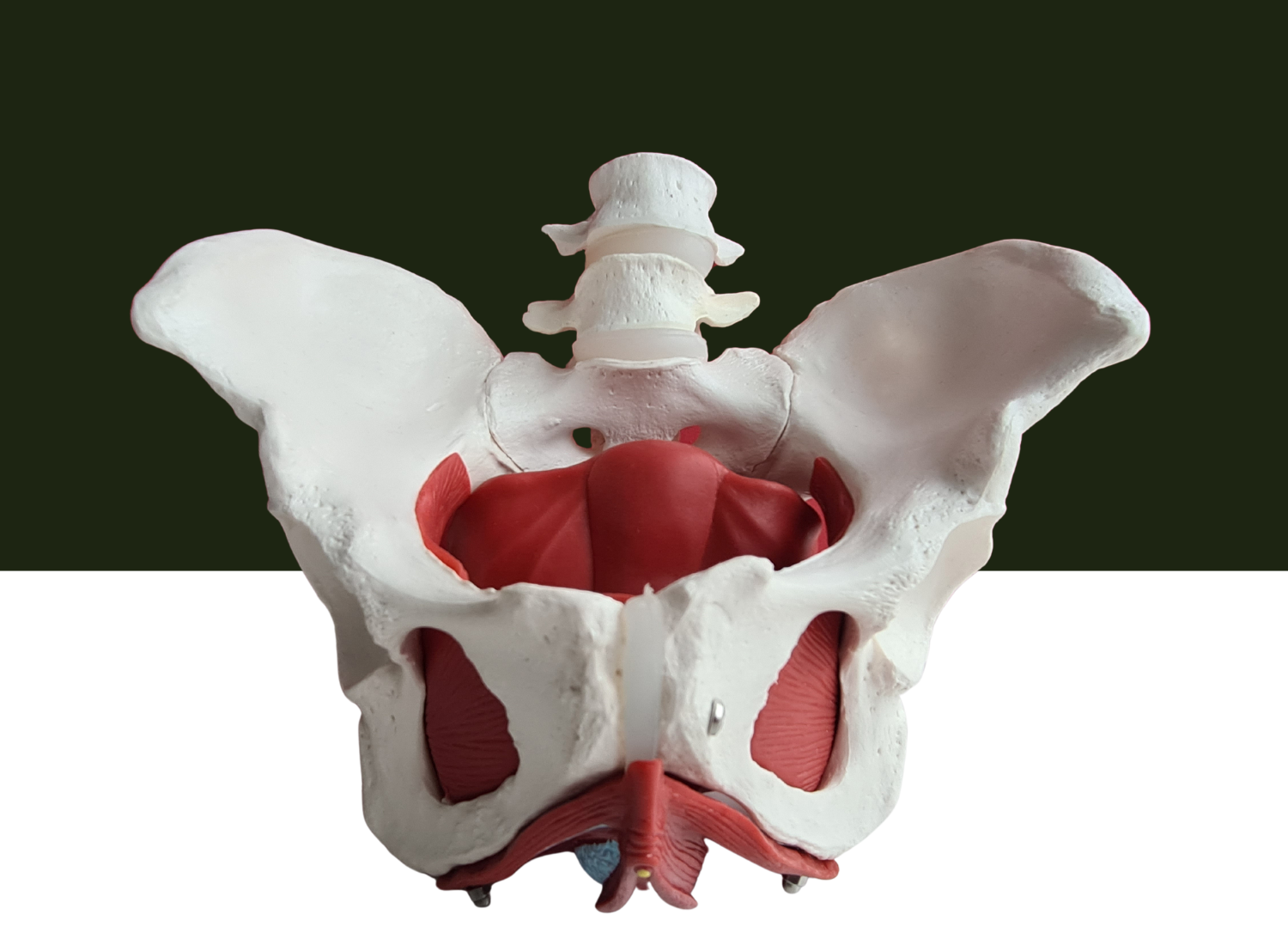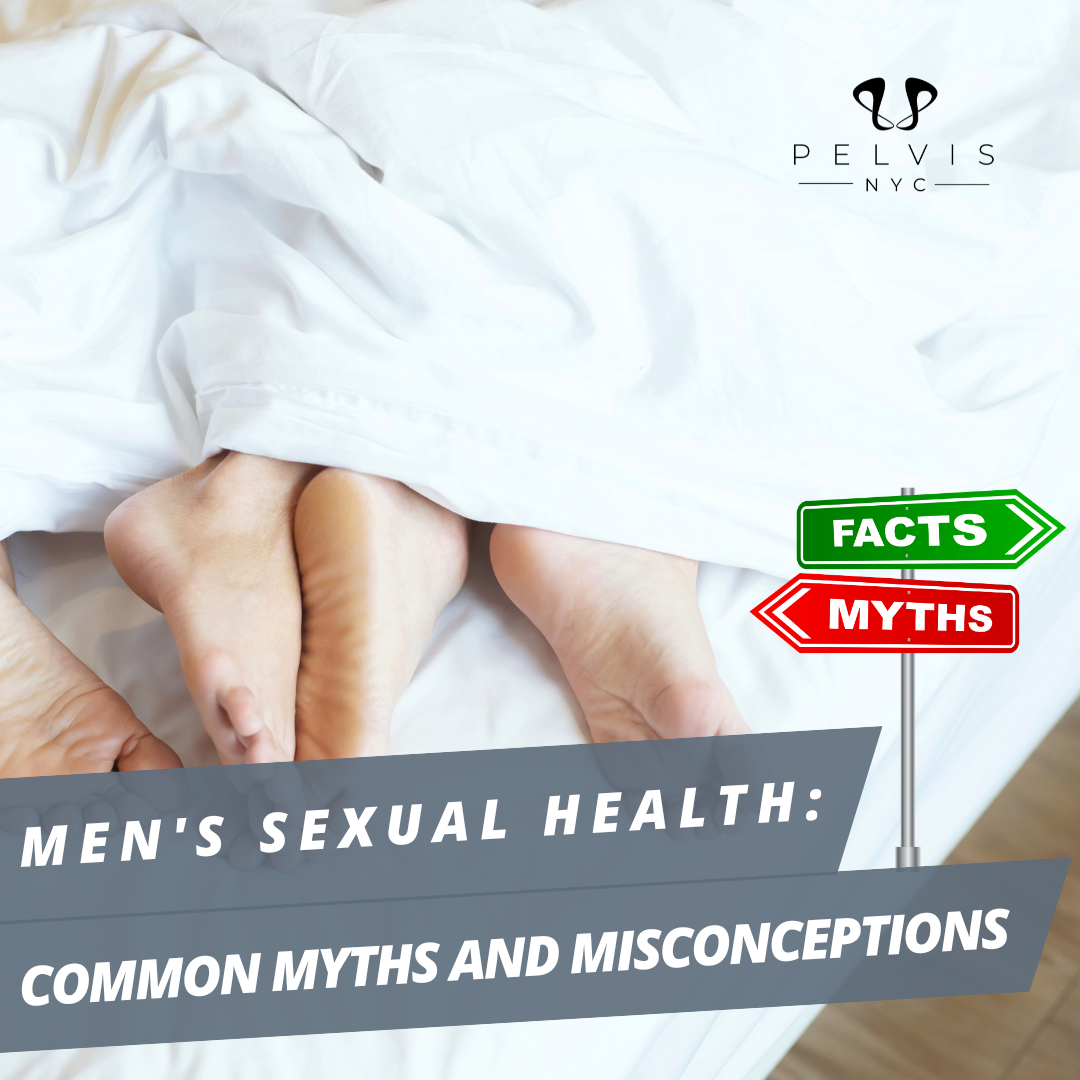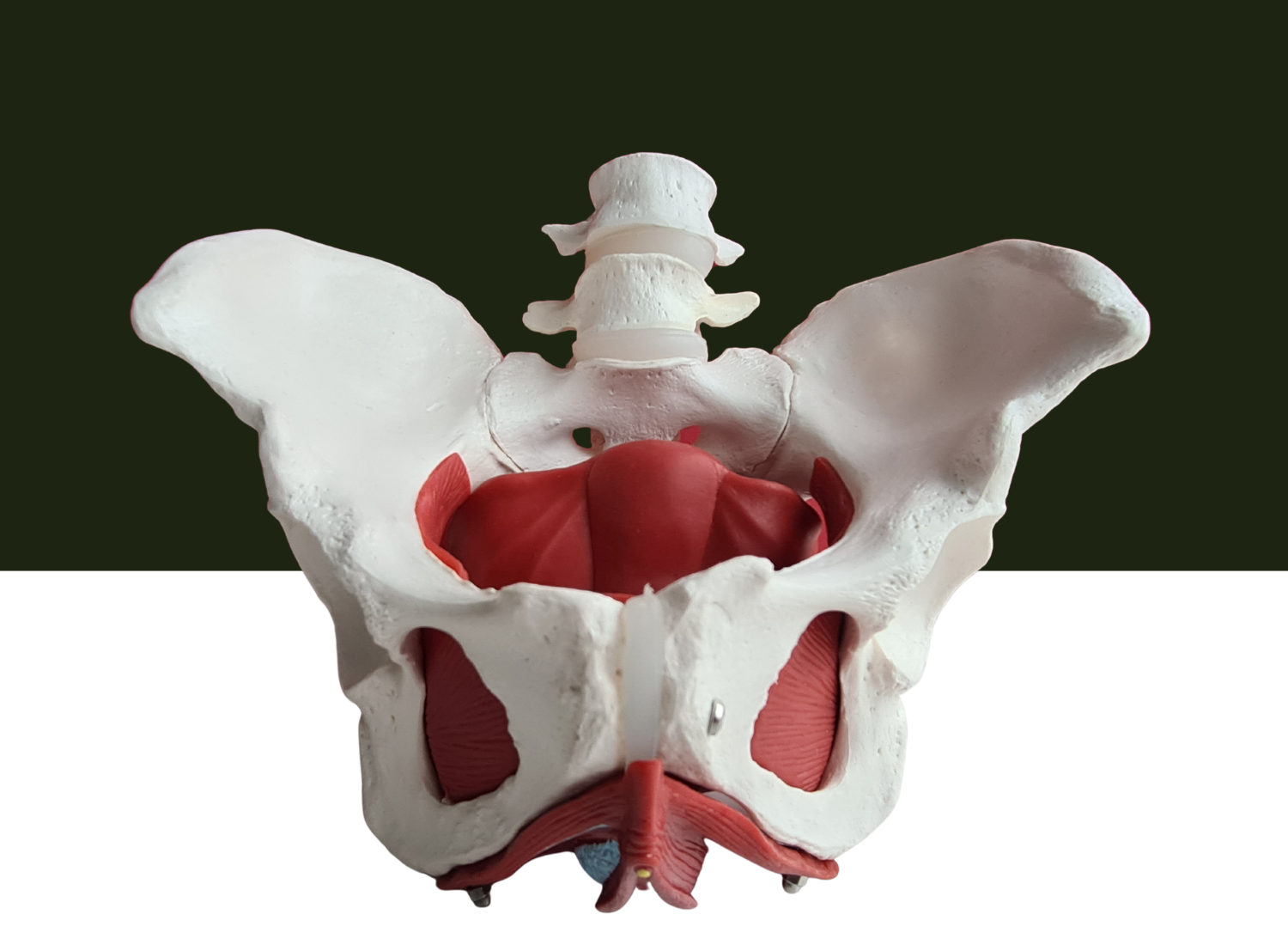The question – Are Guys Embarrassed When They Can’t Get It Up?- is something I can answer easily. As a men’s physical therapist, I’ve worked with countless men who walk into my clinic feeling anxious, frustrated, or even ashamed because they can’t “perform.” And I always remind them of one simple truth: you’re not broken — you’re human.
One of the most common, yet least discussed, concerns among men is erectile dysfunction (ED) — and yes, many guys do feel embarrassed when they can’t get it up. If you’re a guy struggling with this, know that you’re not alone in feeling vulnerable. But the good news is, there are very real, physical ways to restore function and confidence. Let’s talk about why it happens, why it’s nothing to be ashamed of, and what you can do about it.
Are Guys Embarrassed When They Can’t Get It Up?

“Are Guys Embarrassed When They Can’t Get It Up?” Yes, many men feel embarrassed when they can’t get an erection — and that’s completely understandable. In these situations, a man often feels anxious, ashamed, or worried about how his partner will react. Society often ties masculinity to sexual performance, but from a clinical perspective, this issue is rarely about masculinity at all.
In fact, when stress and embarrassment take over, your body shifts into a fight-or-flight response, which restricts blood flow to the pelvic area — the exact opposite of what you need to get or maintain an erection. It’s important to remember that it is expected that not every man will be able to get an erection every time, and occasional trouble with erections is a normal part of life.
So if this has happened to you, remember: this moment does not define your worth—it’s not a failure, it’s physiology. And it’s treatable. Many men experience trouble with erections at some point.
Erectile Dysfunction: A Physical Perspective
Erectile dysfunction affects millions of men globally, and as a physical therapist specializing in men’s health, I see firsthand how movement, posture, and circulation influence sexual performance.
Common physical causes include:
- Weak pelvic floor muscles
- Poor blood circulation
- Nerve compression from the spine or pelvis
- Limited mobility or posture imbalances
- Side effects of medication or stress
There are various treatments available for erectile dysfunction, including both physical therapy and medical options such as medications.
Pelvic floor physical therapy can retrain muscles that support erections, improve blood flow, and restore control. Many patients may also benefit from medications as part of their treatment plan. Many of my patients notice not only stronger erections but also improved confidence and body awareness — all without relying solely on medication.
Sexual Health and the Whole-Body Connection
Your sexual health is a mirror of your overall health. The heart, nerves, spine, and even breathing patterns influence sexual function.
In therapy sessions, we often work on:
- Breathing techniques to relax and improve blood flow
- Pelvic floor strengthening for better control and endurance
- Postural alignment and mobility to reduce nerve pressure
- Stress management for hormonal balance and confidence
When your body moves better, you feel better — and perform better.
Sexual function is a natural part of overall health and well-being.
The Spinal Cord’s Role in Sexual Function
The spinal cord acts like the communication highway between your brain and your body. The nerves responsible for erection — mainly the pudendal and pelvic nerves — originate from the lower spine (S2–S4). Which nerves are affected is a matter of individual assessment, as each person’s injury or condition can impact nerve function differently. Some people with spinal cord injuries may still experience reflex erections, depending on the level and completeness of their injury.
Issues like lower back pain, disc compression, or even prolonged sitting can interrupt those signals. Through manual therapy, movement training, and nerve mobilization, physical therapy helps restore that vital connection, often leading to noticeable improvements in sexual function for the person.
Understanding Physical Changes Over Time
As we age or go through life changes — injuries, stress, inactivity — the body adapts, sometimes in ways that limit circulation and muscle function. In the past, people may have believed that aging always leads to loss of sexual vitality, but new approaches show otherwise. With the right care, your body can absolutely regain its physical strength and responsiveness.
A tailored movement and pelvic health program can reignite energy, restore performance, and bring back confidence at any age.
Maintaining Healthy Relationships
Maintaining healthy relationships is one of the most important things you can do when facing erectile dysfunction or other sexual health challenges. The truth is, most men will experience erectile problems at some point in their lives, and it’s perfectly normal—definitely not a big deal or a reflection of your worth, attractiveness, or the strength of your relationship.
However, the anxiety and stress that often come with ED can sometimes create a self-fulfilling prophecy: the more you worry about your ability to get an erection, the more likely it is to happen again. This cycle is common, but it can be broken.
The most effective way to support both your sexual health and your relationship is open, honest communication. Being comfortable talking with your partner about your feelings, worries, and desires can help reduce stress and build trust. Focusing on emotional and physical connection—rather than just the act of sex—can bring new pleasure and intimacy. Exploring heightened sensitivity in other areas of the body, or trying new things like sex toys, can help you and your partner discover different ways to enjoy each other.
It’s also important to be aware of factors that can contribute to erectile dysfunction. Prescription drugs, recreational drugs, and alcohol can all impact your ability to get or maintain an erection. If you’re concerned, don’t hesitate to seek professional medical advice. A doctor can help you understand the underlying causes and recommend the best treatment options for you. Systematic reviews and meta-analyses show that a combination of medication (like Cialis or Levitra), lifestyle changes, and sometimes devices like a vacuum erection device can be very effective.
For couples where one partner has a spinal cord injury, it’s important to be aware of autonomic dysreflexia—a sudden increase in blood pressure that can occur during sex. With the right precautions and guidance from your healthcare provider, you can still enjoy a safe and satisfying sex life.
Finally, remember that sexual health is about more than just erections. It’s about connection, pleasure, and feeling good in your body and your relationship. By focusing on communication, seeking treatment when needed, and supporting each other, you and your partner can navigate any challenges that come your way—and come out stronger together.
How to Get an Erection More Naturally
Here are therapist-approved ways to support your body’s ability to get and maintain an erection naturally:
- Breathe and relax. Deep breathing promotes blood flow and relaxation.
- Do pelvic floor exercises. Strengthen the muscles that support erections.
- Stay active. Regular movement boosts circulation and energy.
- Stretch your hips and spine. Keep nerves free from compression.
- Communicate openly. Talking to your partner or therapist can ease anxiety and improve connection.
- Prioritize good sleep. Quality sleep is essential for healthy erectile function and overall sexual performance.
These small, consistent steps can create big changes over time — both physically and emotionally. Remember, maintaining focus on being present and attentive to your body and experiences can also help support intimacy and connection.
Take the Next Step — With Pelvis NYC
If you’re struggling with ED, pelvic pain, or changes in sexual function, you don’t have to navigate it alone. At Pelvis NYC, our men’s health specialists understand that these challenges are deeply personal — and we treat them with compassion, expertise, and total confidentiality.

Our team uses advanced pelvic floor physical therapy and evidence-based movement training to help you reconnect with your body and rebuild confidence — one step at a time.
💪 Take control of your sexual health today. Visit Pelvis NYC to schedule a private consultation and start your journey toward better function, confidence, and connection.
Because you deserve to feel strong, capable, and fully yourself again.










